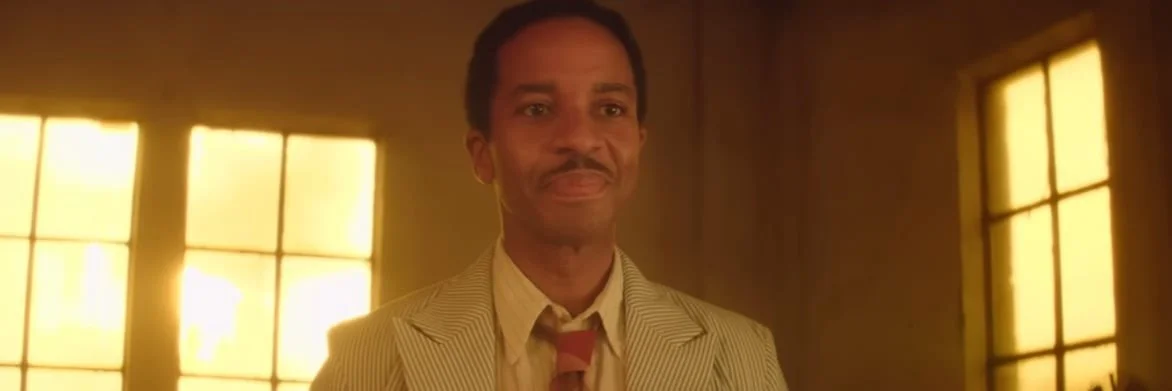You could hear the uproar that was to come. Even if you weren't logged into a social media platform, you just knew that what the Hollywood Foreign Press Association decided to do yesterday was give a big middle finger to the outrage machine being generated online on a daily basis. What the HFPA's final decision on Sunday felt like was a towering statement that made you want to holler the kitschy Twisted Sister song: "We're not going to take it anymore."
"Green Book" and "Bohemian Rhapsody." The relentless assault that happened to both of these movies this past awards season was unjust. Neither made my ten best list of 2018, although "Green Book" came closer, but both were the kind of unpretentious, old-school entertainments that seemed to be all but gone in a major studio system obsessed with caffeinated CGI overkill. The fact that a major studio actually decided to finance both of these films, instead of, say, a superhero flick or a sequel, was a cause for celebration. Hollywood has slowly been having its artistic integrity stripped down, so much so that we all fear that what will be left in just a couple of years are big, loud rollercoaster rides booming door-to-door at local multiplexes.
There have already been plenty of writeups about how "Bohemian Rhapsody" "de-queered" lead singer Freddie Mercury, which, in other words, meant they wanted the film to be more gay or, as The Stranger's Christopher Frizzelle put it in a recently published piece titled “I Am a Gay Man, and I Liked Bohemian Rhapsody,“ these moral crusaders wanted "more AIDS, more bathhouses, more dick, more repression, more orgies in the dark etc." And yet, "Mercury did not want to be known as an AIDS icon. He wanted to be known for his art." The insistence that he is an AIDS icon is all but unfounded. Having people complain that what was meaningful about him was AIDS, and that "only a movie that dwells on his AIDS and how he got his AIDS is acceptable" shows you the lunacy of what drives today's societal arguments.
"Green Book," on the other hand, has been dubbed the "white savior movie," a movie about racism, made by white people for white people. Hundreds of thinkpieces have been written about this problem, whereas others, like IndieWire's Tambay Obenson have claimed that 'Green Book' has a 'Magical Negro' problem. The most scathing of these was an 11.15 piece from Shadow and Act writer Brooke Orbie which goes by the headline "Green Book' Is A Poorly Titled White Savior Film," which was predictably delivered with all the outrage you'd expect in 2018.
All of these detractors are pushing an agenda that white liberals have not only considered considered but now accepted, that if you like “Green Book,” or “Bohemian Rhapsody” there might be something wrong about your own attitudes towards race and the LGBTQ movement. Nobody wants to be perceived as a racist or a homophobe these days, especially white journalists trying to survive in a competitive field that has been plagued by the rise of internet blogging. So what’s the point of even saying anything positive about “Green Book” or “Bohemian Rhapsody”?
The fact that the HFPA had the chutzpah to award both of these films with their top prizes, despite running the risk of being called every name in the book in reprieve, felt like a total oasis in a sea of muck moment for me. Because, after all, we live in an age when even the grandest of artistic achievements can be knocked out by a social media mob hellbent on only the purest of films passing their ever-so-challenging litmus test. What happened on Sunday night was a call for the Academy to do the same, to not be intimidated by the hounds.






